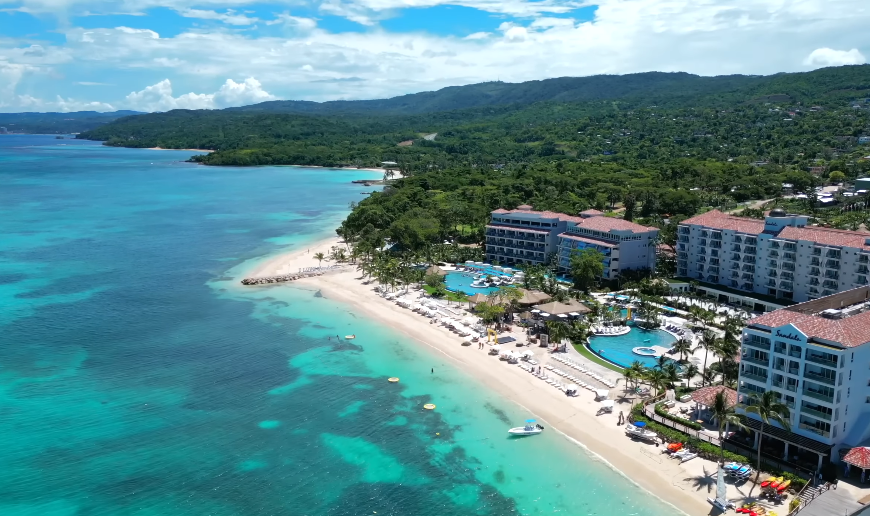9 Safest Caribbean Islands in 2025—low crime, tropical beauty, and second citizenship options for peaceful vacations or relocation.
As the world grows more chaotic, the Caribbean emerges as the perfect escape—offering calm, natural beauty, and, most importantly, a sense of security that today’s travelers are actively seeking. In 2025, several Caribbean islands are not only stunning to explore but also boast low crime rates and exceptional peace of mind.
What’s more, a few of these destinations even offer pathways to second citizenship, making them not just travel-worthy, but also ideal for relocation. Drawing from reliable sources like Numbeo, the United Nations, and the U.S. Department of State, here are the 9 safest Caribbean islands to visit this year.

1. St. Barts – Safe, Elegant, and Unlockable
Of all Caribbean islands, St. Barts—officially Saint Barthélemy—stands out as the most exclusive and secure. In both 2023 and 2024, it recorded zero homicides. Locals often leave their cars unlocked—something nearly unimaginable in any major city.
With a population of just 7,000, crime is virtually unheard of. Minor thefts may occur, but violent crime is rare and usually limited to disputes among locals, not tourists. The island is a favorite among global celebrities and elite travelers, featuring luxury villas and boutique hotels.
Reporter’s Tip: Always store valuables in the hotel safe—especially during hurricane season (May to November), though direct hits are rare here.
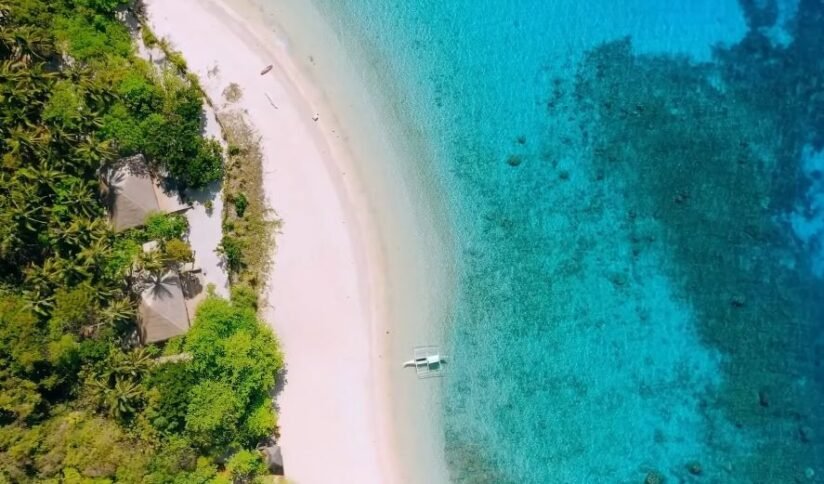
2. Anguilla – Stunning Beaches, Low Crime
Anguilla dazzles with its powdery white sands and crystal-clear waters. But beyond its beauty, it’s also known as one of the safest destinations in the Caribbean. Crime, especially violent incidents, is extremely rare.
Family-friendly areas like West End and Sandy Ground offer added peace of mind. While petty theft can occur, tourists are not typical targets. Still, car break-ins and bag snatching do happen occasionally.
Important Note: Hurricane season runs from June through November, peaking in September and October.
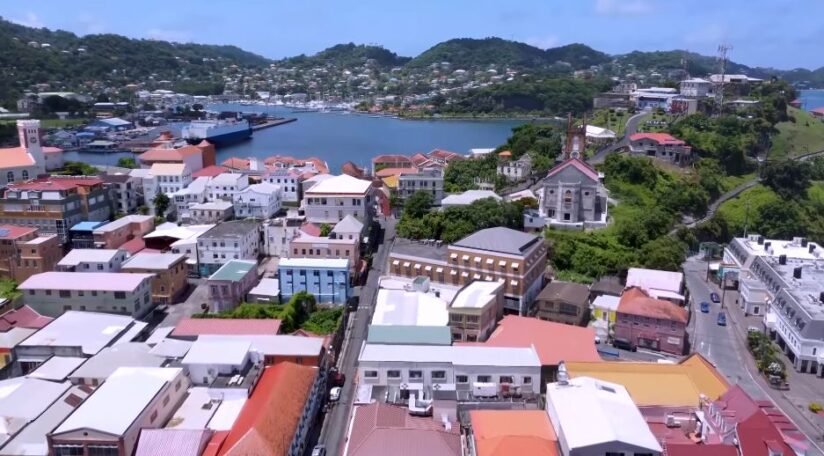
3. Grenada – The Safe Spice Island You Can Call Home
Known as the “Spice Island,” Grenada is not only a wonderful place to visit—it’s also a great place to live. Violent crime is very rare, and both the U.S. and Canadian governments classify it as a low-risk destination.
Tourists should avoid walking alone on beaches at night, use licensed taxis, and stay in reputable accommodations.
For investors, Grenada’s citizenship-by-investment (CBI) program is increasingly popular. Real estate purchases or donations to a national fund can get you a second passport—granting visa-free access to 138 countries, including the EU and China.
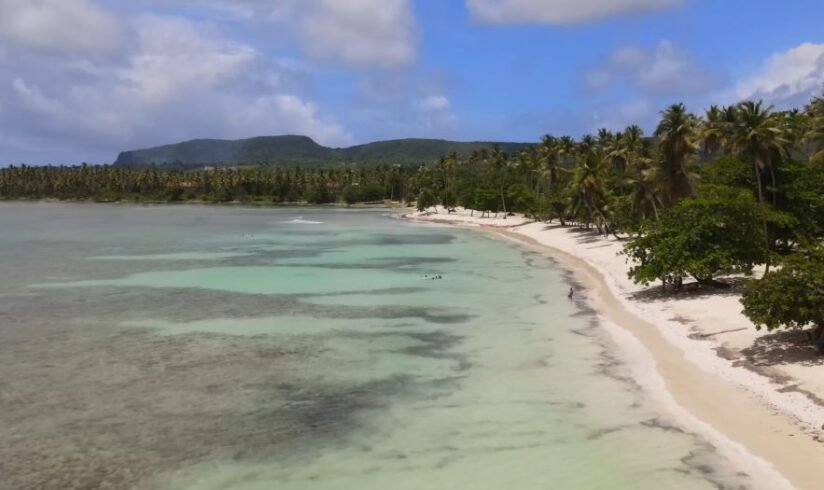
4. Dominica – A Lush, Eco-Conscious Haven
Unlike its neighbors that focus on mass tourism, Dominica takes a sustainable route. This fertile, volcanically active island offers authentic experiences with local guides who prioritize visitor safety.
Always lock hotel doors and windows, and if renting a car, make sure you have insurance. Boaters should be cautious of theft at marinas or docks.
Reporter’s Tip: Watch out for hidden service fees or tourist scams. Always ask if 10% VAT is included. And yes, keep an eye on seismic activity and tropical weather, especially from June to November.
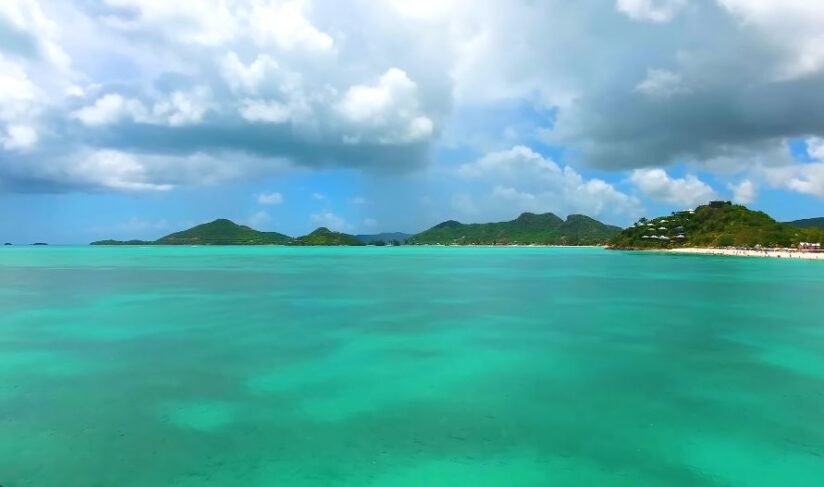
5. Antigua – Where Safety Meets Luxury
Home to over 300 beaches, Antigua is a rising star thanks to its citizenship-by-investment program. It offers the ideal Caribbean lifestyle with tax-friendly policies and long-term livability.
Security is a government priority, making Antigua attractive not just for tourists, but also expat families and global investors.
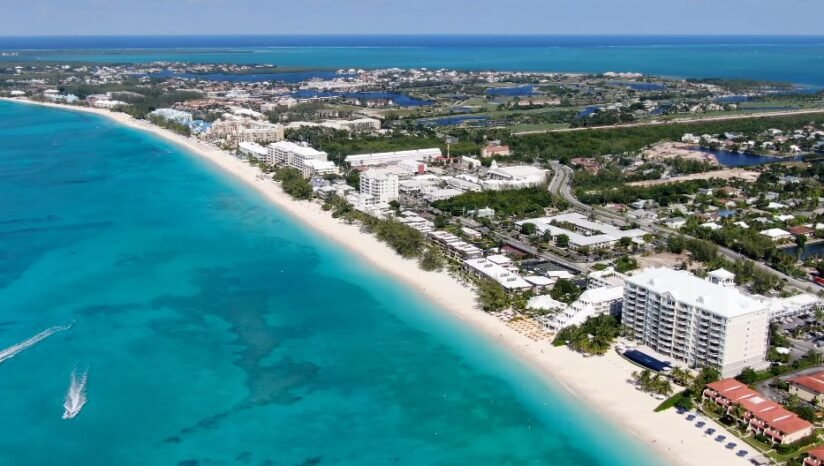
6. Cayman Islands – The Ultra-Luxury Caribbean
For those seeking a high-end version of the Caribbean, the Cayman Islands deliver. Crime is exceptionally low, making the territory a magnet for wealthy families and expat professionals.
Though technically in the hurricane zone, its western location often spares it from major storms. On top of that, there are no income, property, or corporate taxes.
To live here, you’ll need to invest heavily in real estate—but the lifestyle and services make it worth the cost.
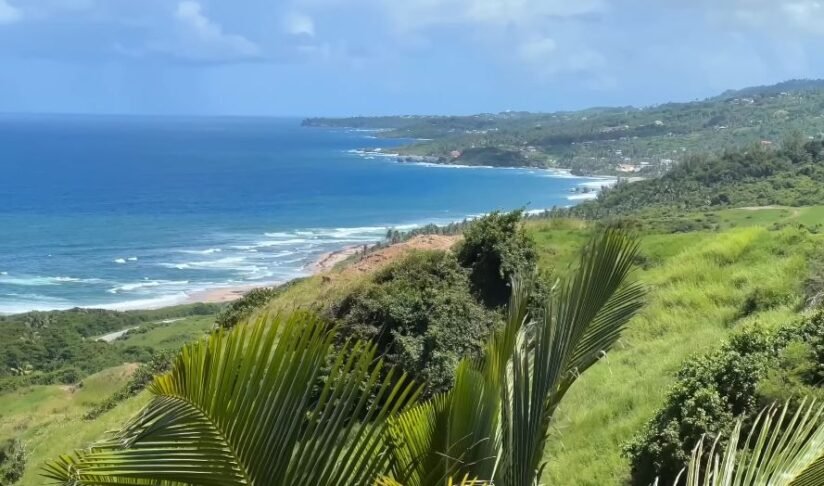
7. Barbados – Rich in Culture, Steady in Safety
Barbados enchants visitors with its Afro-Caribbean culture, tropical gardens, and world-famous rum distilleries. Safety remains relatively high, though Bridgetown has occasional gang-related incidents.
Tourists are rarely targeted unless they wander into unsafe areas. Keep valuables in your hotel safe, and don’t carry large amounts of cash.
Its eastern Caribbean location also means lighter hurricane seasons.
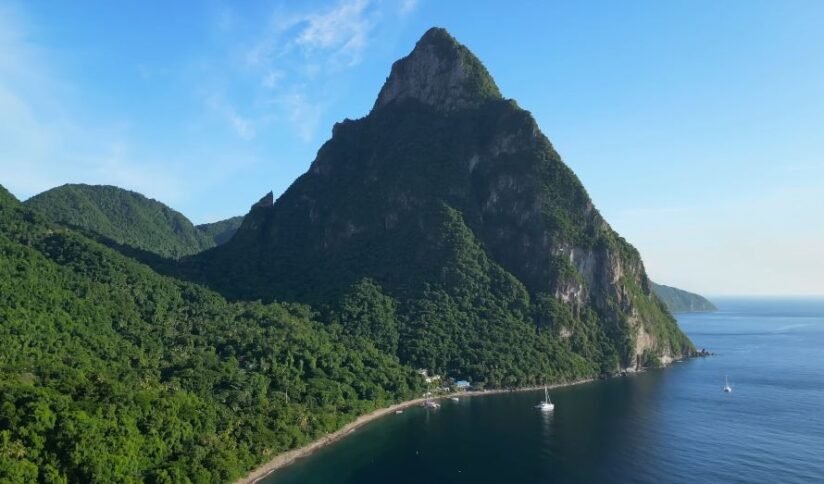
8. St. Lucia – Lush Rainforests and Reliable Security
With its iconic Piton Mountains and rich biodiversity, St. Lucia is a go-to for honeymooners and nature lovers. While minor thefts can happen, violent crime is very uncommon.
Tourist areas are heavily secured, offering peace of mind to travelers.
Best time to visit: December through May—outside of hurricane season.
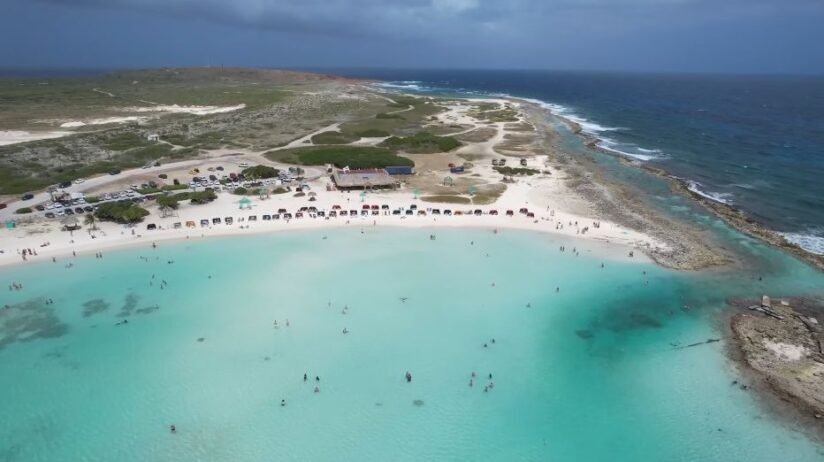
9. Aruba – Safe All Year, and Outside the Hurricane Belt
Located in the southern Caribbean and part of the Kingdom of the Netherlands, Aruba is virtually hurricane-proof. With modern infrastructure, safe roads, and dedicated tourist police, it’s ideal for travelers of all ages.
Petty theft and vehicle break-ins are rare but possible. Aruba holds a Level 1 travel advisory from the U.S. government—the safest level for international destinations.
Reporter’s Pick: Aruba is perfect for those seeking a tropical escape with high living standards and strong international connections.
Smart Safety Tips for Caribbean Travelers
Safety can never be 100% guaranteed, so here are a few on-the-ground tips:
- Be aware of your surroundings at all times.
- Keep passports, cash, and documents in hidden pouches—not backpacks.
- Use only licensed taxis and rental agencies.
- Avoid walking alone in remote areas at night.
- Use hotel safes and avoid wearing flashy jewelry.
Thinking About Relocating? Citizenship & Residency Options
Some safest Caribbean islands, like Grenada, St. Lucia, Cayman, and Dominica, offer official pathways to residency or second citizenship through investment. For global investors, these islands offer strategic locations for asset protection and future planning.
| Island | Residency / Citizenship Program | Key Benefits |
|---|---|---|
| Grenada | Real estate or national fund donation | Visa-free access to 138 countries |
| St. Lucia | Donation or business investment | Fast processing, no residency required |
| Cayman Islands | Real estate investment (min. $1.2 million) | No income, property, or corporate taxes |
| Dominica | Business investment (from $50,000) | Entry point for long-term naturalization |
Safe Paradises Still Exist
In a world full of uncertainties, the Caribbean offers something extraordinary: tropical sanctuaries that are not only visually breathtaking but also safe, secure, and—if you’re ready to invest—even home-worthy.
Whether you’re a vacationer seeking peace of mind or an investor looking for a safe second home, the Caribbean has a spot just for you.
“Safety isn’t just about where you are—it’s about making the right choice. And in the Caribbean, that choice feels just right.”
– Susie Swanson
FAQ’s: Safest Caribbean Islands
- What’s the safest Caribbean islands to visit?
Aruba and St. Barts—both offer modern amenities and extremely low crime. - Which islands have the highest risk?
Puerto Rico, Haiti, and Trinidad & Tobago—due to crime rates and political instability. - What are the ABC Islands?
Aruba, Bonaire, and Curaçao—Dutch territories safely located outside the hurricane belt. - Most budget-friendly safe Caribbean islands?
Dominica, Martinique, and St. Lucia—lower cost of living with strong safety ratings.
